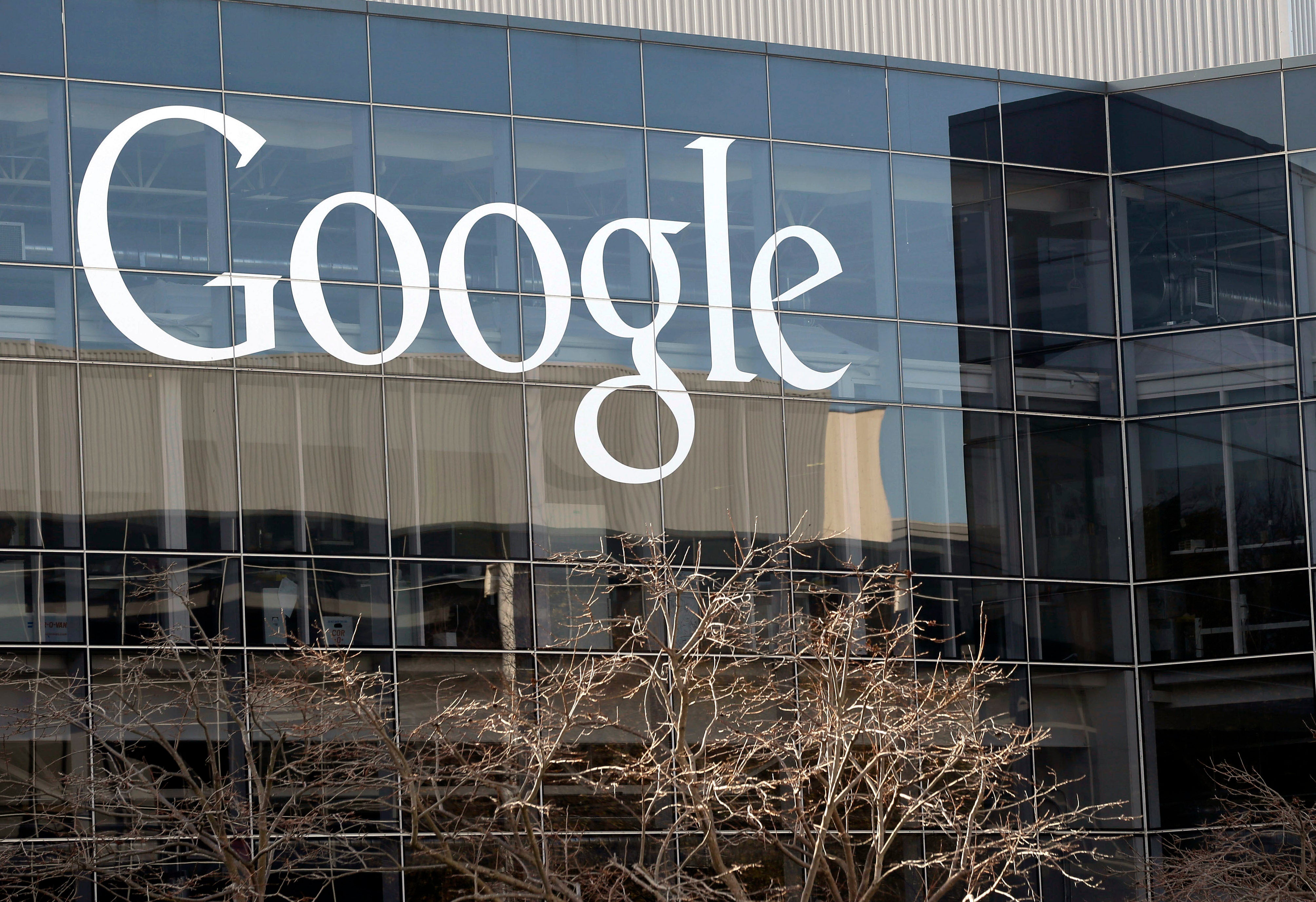Google and ChatGPT face major threat from open source community, leaked document warns
Large companies have been overtaken by public researchers without them realising, Google document says

Google and ChatGPT creator OpenAI are facing a major threat from open source artificial intelligence researchers, according to a leaked Google document.
The two companies have spent time “squabbling” and “looking over our shoulders” at each other, while missing the real threat to their dominance in artificial intelligence, the document warns.
That comes from open source researchers, working as communities on the internet, who are building artificial intelligence technology that is more powerful than those big companies are developing, it says.
“The uncomfortable truth is, we aren’t positioned to win this arms race and neither is OpenAI. While we’ve been squabbling, a third faction has been quietly eating our lunch,” it reads.
“I’m talking, of course, about open source. Plainly put, they are lapping us.”
Open source researchers are creating systems that are able to do things with $100 that Google struggles with for $10 million, the report warned. “And they are doing so in weeks, not months.”
Neither of the companies has a “moat” or “secret sauce that means others are not able to overtake them, it notes. As such, the document warns that the best thing to do is to try and learn from and collaborate with people who are working outside of Google.
It also notes that people are unlikely to pay for a service that they are able to get similar offerings for free and without restrictions through those open source researchers.
And it warns that the size and complexity of the AI systems that are being worked on by Google and others are actually slowing it down. That complexity means that it is difficult to update them quickly, it notes.
Google has repeatedly said that it has been relatively slow to release AI technology publicly in part because it is working on a principle of “responsible release”, where it will ensure that systems are fully safe before they are made widely available. But the report warns that has become “obviated”, since rival models to make images or text are available widely on the internet with “no restrictions whatsoever”.
Some of that open source work is being built on top of research that has been done by companies. The open source community has been working with LLaMa, made by Facebook parent company Meta, which was leaked onto the internet in March and has been tinkered with by the public since.
The leaked document was originally made available on a Discord server, published by an anonymous account. It has since been made available publicly by research firm SemiAnalysis, which said it verified its authenticity and that it had originated from a researcher within Google.
Google did not immediately respond to a request for comment on the report or its claims.
Join our commenting forum
Join thought-provoking conversations, follow other Independent readers and see their replies
Comments